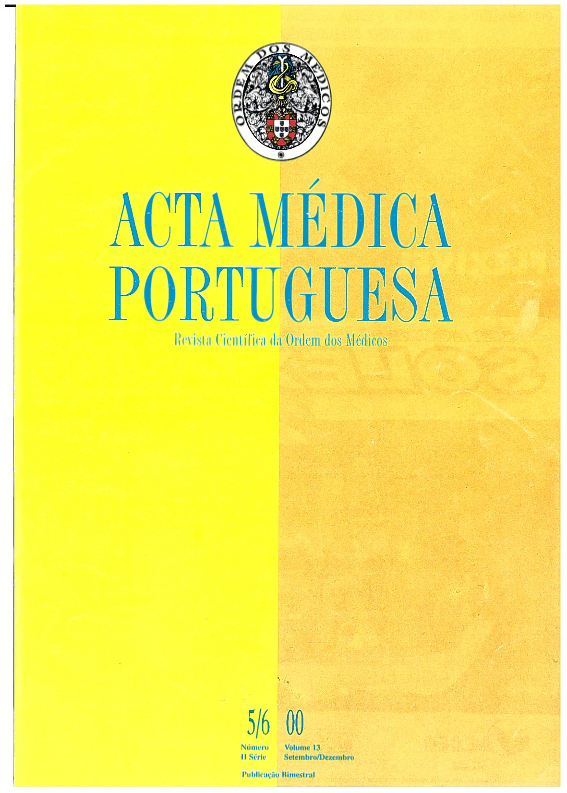Immunoglobin subclasses and determination of specific antibodies. What role in the study of children with recurrent pneumonias?.
DOI:
https://doi.org/10.20344/amp.1803Abstract
Recurrent pyogenic infections, including pneumonia, are known to occur in children with a defective immune system. Until recently, diagnosis was made by measuring major immunoglobulin isotypes and IgG subclasses. Recent reports show that in some cases all these measurements are normal, but that there is a defect in the production of specific protein or polysaccharide antibodies.To study immune function in children with recurrent pneumonia to determine the most appropriate immunologic studies for the evaluation of recurrent infections in children.Forty-three children (ages 2 to 12 years; mean 5.3 years, 29 male) who were referred to our pulmonology clinic because of recurrent lower respiratory tract infections. Major causes of recurrent infections were excluded by clinical, radiological or laboratory studies. Immunologic studies included serum immunoglobulins, IgG subclasses, IgA subclasses, isohemagglutinins and antibody responsiveness to vaccination with tetanus, rubella, H. influenza b conjugate and pneumococcal polysaccharide.The majority of children had normal or elevated serum immunoglobulin and subclass levels. Three patients had low levels of IgG2 and IgA, alone or simultaneously. Eleven patients failed to respond to Hib or rubella vaccination and one failed to respond to pneumococcal immunisation.Our preliminary results seem to indicate that a high proportion of children with recurrent pneumonia have a demonstrable immunologic abnormality. There is no direct relationship between low levels of IgG subclass and the child's capacity to form antibodies to several antigens. Defects in antibody production are very specific and an extended panel is necessary. Examination of the antibody-forming capacity seems important in the initial evaluation of children with recurrent pneumonia.Downloads
Downloads
How to Cite
Issue
Section
License
All the articles published in the AMP are open access and comply with the requirements of funding agencies or academic institutions. The AMP is governed by the terms of the Creative Commons ‘Attribution – Non-Commercial Use - (CC-BY-NC)’ license, regarding the use by third parties.
It is the author’s responsibility to obtain approval for the reproduction of figures, tables, etc. from other publications.
Upon acceptance of an article for publication, the authors will be asked to complete the ICMJE “Copyright Liability and Copyright Sharing Statement “(http://www.actamedicaportuguesa.com/info/AMP-NormasPublicacao.pdf) and the “Declaration of Potential Conflicts of Interest” (http:// www.icmje.org/conflicts-of-interest). An e-mail will be sent to the corresponding author to acknowledge receipt of the manuscript.
After publication, the authors are authorised to make their articles available in repositories of their institutions of origin, as long as they always mention where they were published and according to the Creative Commons license.









